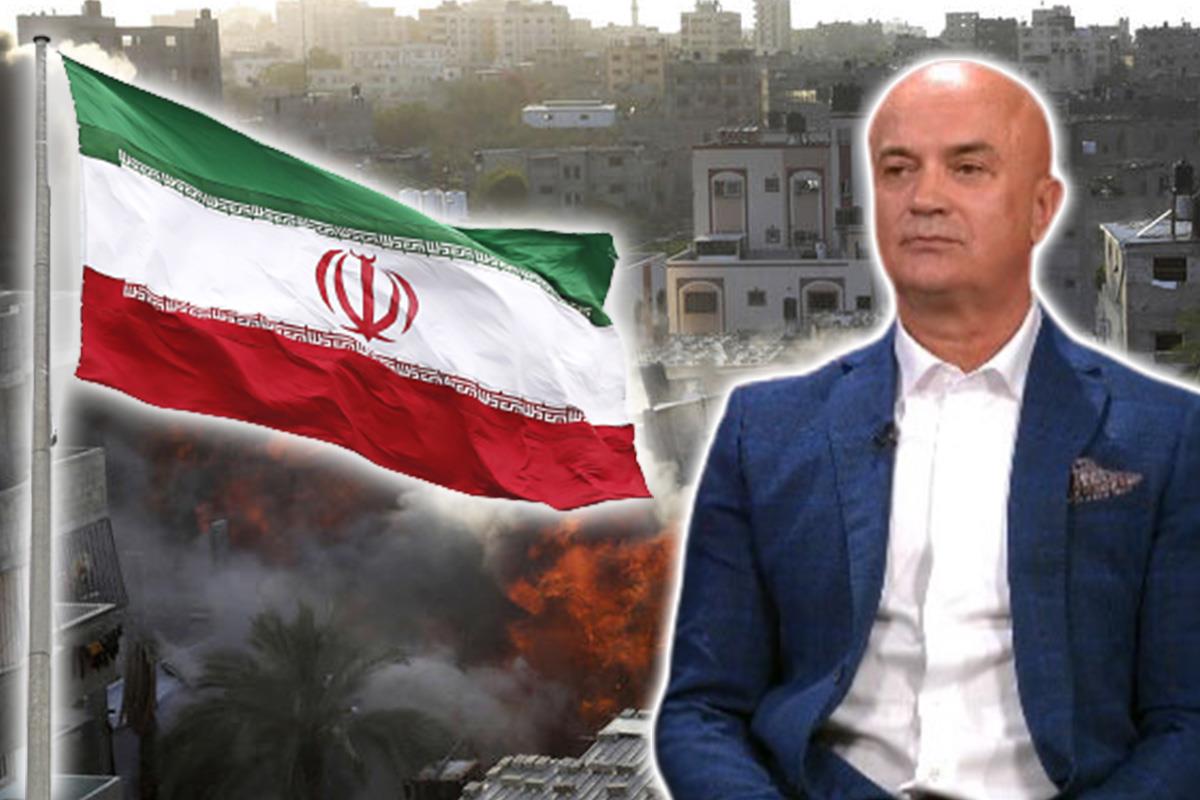The conflict between Israel and Iran is not solely about the nuclear program but represents a broader geopolitical struggle among great powers. Israeli strikes on Iranian nuclear facilities are seen as part of Israel’s preventive military doctrine, while Iran and its allies view the conflict as a proxy war between the US and Israel on one side, and Russia and China on the other. Media hysteria and pressure on the international community further escalate tensions, while the real motives lie in strategic interests and economic alliances, especially in the context of China’s Belt and Road Initiative and regional influence.
Political Perspectives:
Left: Left-leaning sources tend to emphasize the proxy war aspect of the Israel-Iran conflict, highlighting the involvement of global powers like the US, Russia, and China. They often critique the militarization and preventive strikes by Israel as exacerbating regional instability and stress the economic and geopolitical interests behind the conflict rather than the nuclear threat alone.
Center: Centrist perspectives focus on the complexity of the conflict, acknowledging both the nuclear program concerns and the broader geopolitical struggle. They present the conflict as a multifaceted issue involving strategic alliances, regional security, and international diplomacy, often emphasizing the need for dialogue and de-escalation.
Right: Right-leaning narratives emphasize Israel’s right to self-defense against existential threats, portraying Iranian nuclear ambitions as a direct and imminent danger. They support Israel’s preventive military actions and often frame the conflict within the context of combating terrorism and protecting Western interests in the Middle East.

















